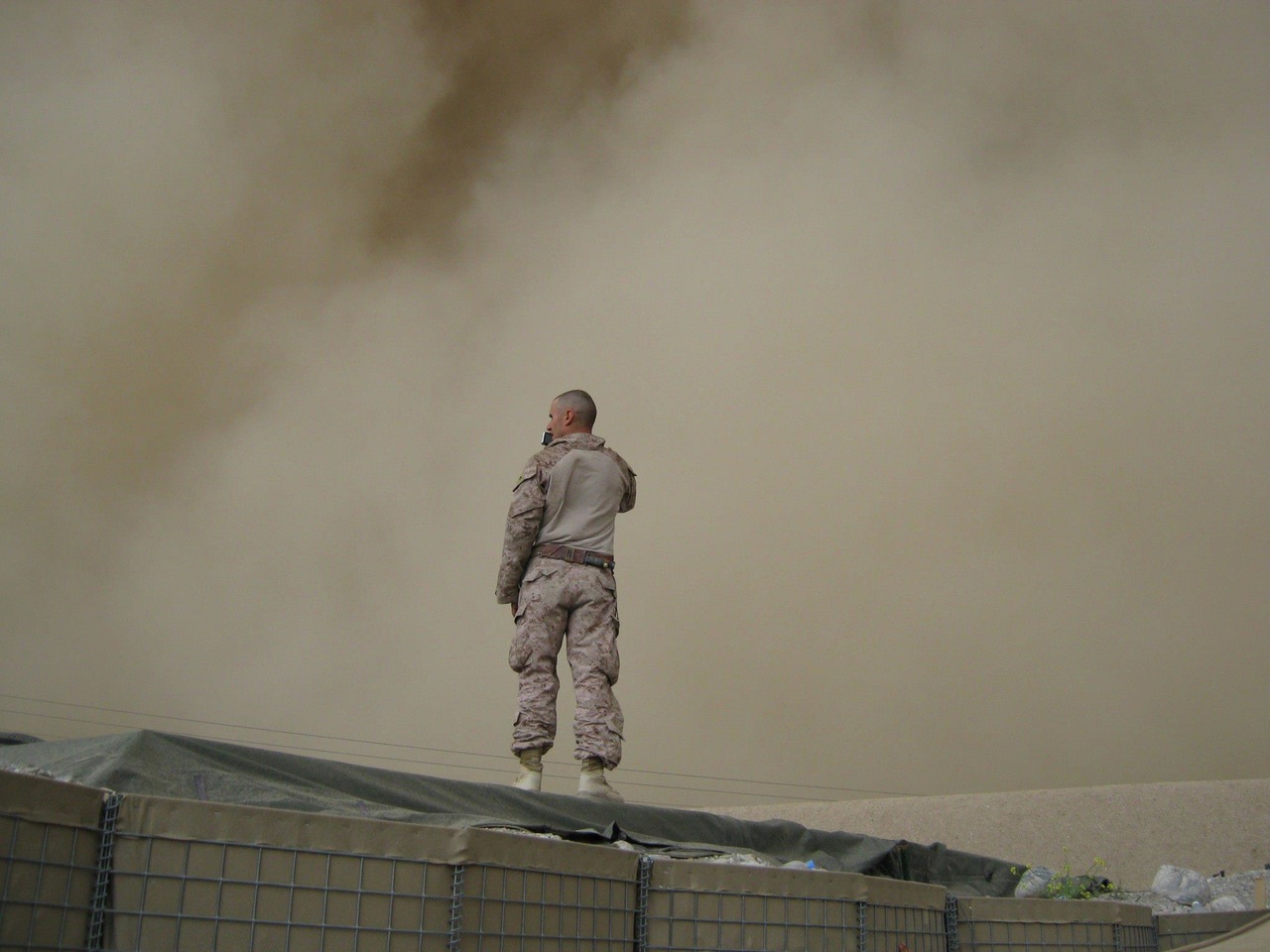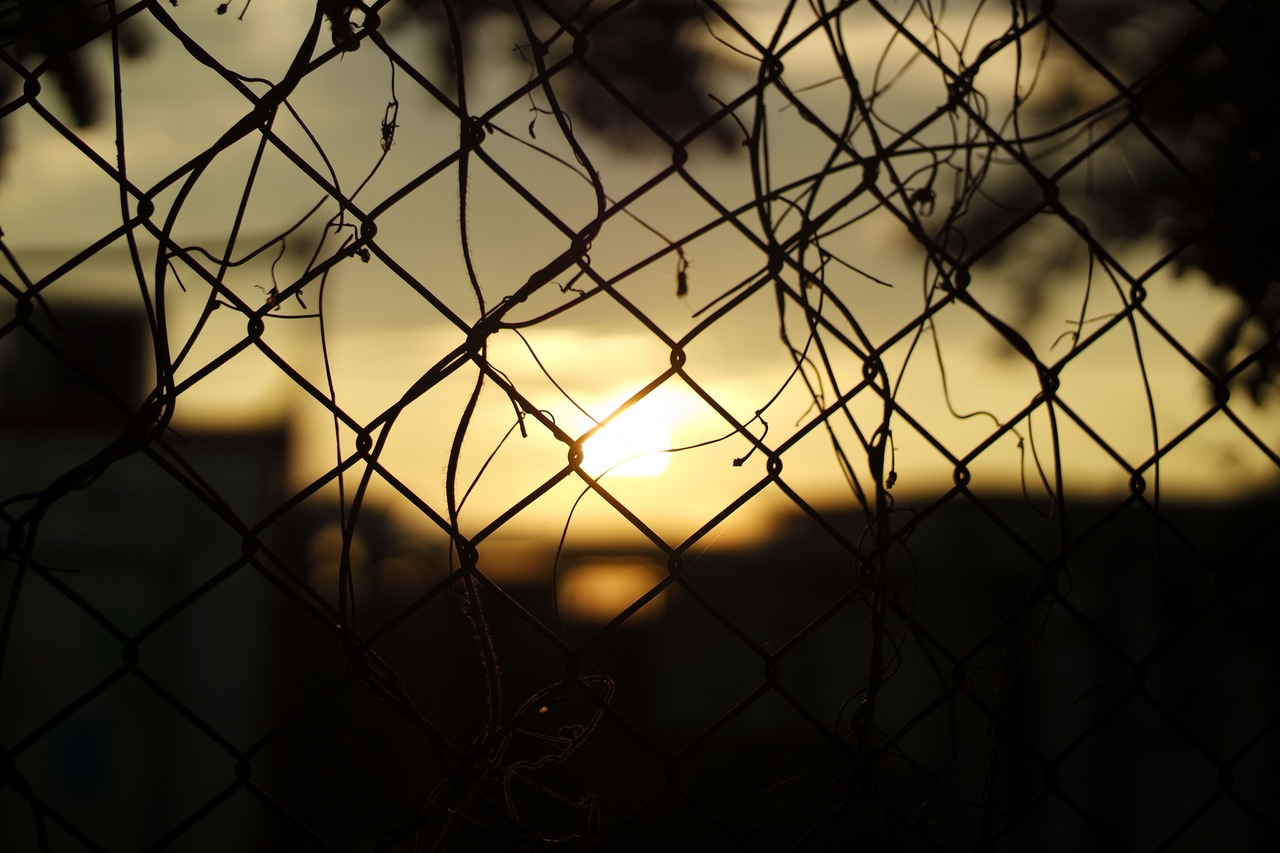Sometimes, for laws to be effective, they have to apply outside the territory of a State. For example, in UK law, British people can be tried for sexual offences committed overseas. Similarly, human rights sometimes apply outside of the UK’s territory.
Where this happens, we say that human rights apply ‘extra-territorially’. This is particularly important when States act outside of their own territory through their armed forces.
Do human rights apply to the army acting abroad?
Article 1 of the European Convention on Human Rights says that States have a duty to secure the rights and freedoms set out in the Convention to “everyone within their jurisdiction”.
Jurisdiction is a complex topic. The courts have said that one way for human rights to apply to a state acting abroad is when the state, through its representatives, exercises ‘effective control’ over an area or a person. That person could be a foreign citizen or a British soldier. The UK would be under a duty to secure human rights wherever it exercises public powers through its own armed forces or through a subordinate local administration.
This doesn’t mean that the UK has to protect human rights overseas during active combat. But, the further away from the battlefield you go, the weaker the justification for disapplying human rights obligations gets.
What have the courts said?

UK and European courts have ruled that Convention rights can apply to British soldiers outside the UK. So, when Private Phillip Hewett and Private Lee Ellis were provided with inadequate equipment and killed in Iraq, their families were able to go to court and argue that the Ministry of Defence (MOD) failed to protect the soldiers from a real and immediate risk to life.
The MOD asked the Supreme Court to extend the defence of combat immunity to human rights claims, but the Supreme Court refused to do so. The judges declared that the UK had jurisdiction over the soldiers at the time. To have decided otherwise would mean that their families could not have had their cases heard at all.
That said, the Supreme Court also recognised that military life means soldiers and their families cannot always expect the same standard of protection as civilians. In practice, because the courts are aware of the difficulties of military decision-making, they will often consider it appropriate to defer to the judgement of military personnel. In one case, the High Court said the right to life would not give a soldier protection against errors in the chain of command in carrying out an order relating to the conduct of operations where the error created or increased the risk of loss of life.
A finding of jurisdiction does not mean that the MOD will be deemed to have violated soldiers’ human rights. It just means that wounded soldiers and families of deceased soldiers can go to court and have their cases heard rather than thrown out because of a lack of jurisdiction.
What about people held in military prisons?

The European Convention on Human Rights may also extend to foreign citizens which UK authorities have detained in military prisons overseas.
Five years ago, for example, the European Court of Human Rights decided that the European Convention on Human Rights applied to an Iraqi civilian, Mr Al-Jedda, who was held by British forces in Iraq for three years with no criminal charges brought against him.
The UK Government argued that Mr Al-Jedda’s detention was not attributable to the UK, but rather to the United Nations (UN). But the Court recognised that the UN’s role was to provide humanitarian relief and help with reconstruction, not security. Mr Al-Jedda was detained in a facility in Basrah controlled exclusively by British forces. The Court said that the UK had jurisdiction over Mr Al-Jedda and had an obligation to secure his human rights.
Should human rights apply when the UK acts abroad?
On one view, where a state has signed up to human rights laws, it would be odd if people were not protected in places where that state was in control of a territory.That remains the case whether the person subject to the State’s authority and control is a foreign national or a British soldier. On the other hand, there will always be hard cases where it isn’t clear that a state is in ‘control’ of a territory. And, as the current government has repeatedly pointed out, human rights laws could inhibit soldiers on the battlefield. However, that may be more to do with misunderstandings about where the law applies than a problem with the laws themselves. Human rights laws have played a positive role in unearthing abuse abroad, such as in the case of Baha Mousa, and have also helped protect soldiers too.
If we ever see the British Bill of Rights, it is likely that the government will attempt to fulfil its pledge to reduce the influence of human rights laws outside UK territory. Whether they can make any real change without leaving the European Convention on Human Rights is a question for another day.







